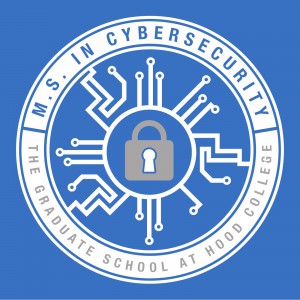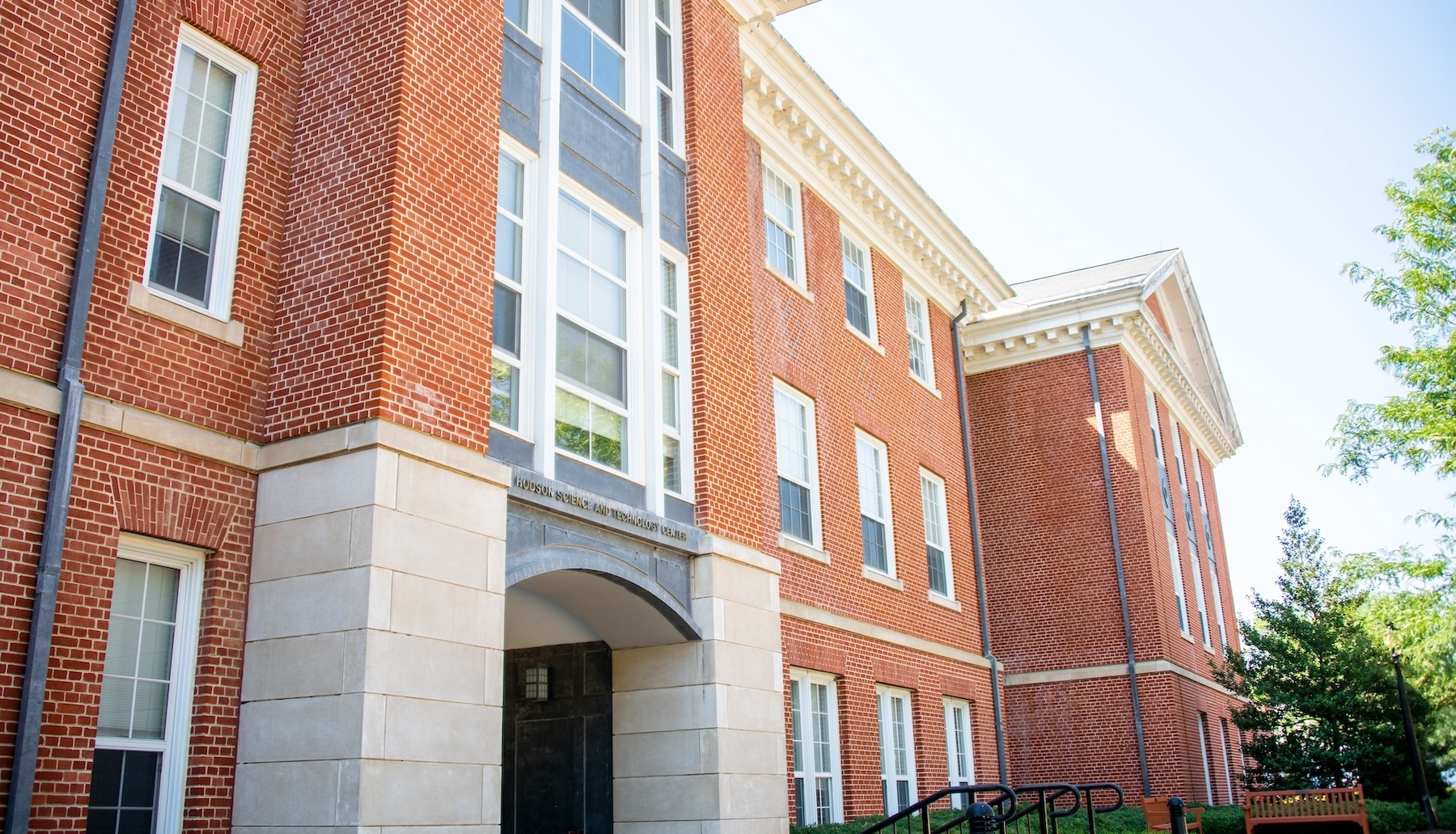Protect Yourself in 2018 with These Cyber Tips

By Eddie F. Hamad M.S.’18 (Cybersecurity), CISSP, CEH and George Dimitoglou, Ph.D., Program Director, Cybersecurity
Each time we use our computer or device while on campus, we become a node on the College’s computer network. Being called a “node” may sound impersonal, but in reality it is an automatic assignment of personal responsibility. When it comes to computer security, a network is only as secure as its weakest link. This means that each one of us, (each node) must exercise a great deal of responsibility when using network resources and while connected on the campus network. Here are four common cases that may compromise your personal security and impact campus network security:
#1 Never Respond to Emails Asking for Personal Information
No colleague, friend, IT support professional or vendor with whom you interact should ever ask via email for account information, credit card numbers or passwords. Under no circumstance should you ever respond to such information requests via email.
#2 Never Respond to Calls about Tech Support You Did Not Initiate
A common new scam is receiving a call from a “Helpdesk” or “Microsoft Tech Support” about your computer. Legitimate technical support organizations respond to inquiries by their users, they don’t proactively call their users to “fix” unreported problems.
#3 Ransomware
Ransomware is a special type of malware. Be suspicious of any emails trying to trick you into opening infected attachments or clicking on malicious links. Common sense is your best defense. In addition, backups are often the only way you can recover from ransomware.
#4 Scam Alert: Your Trusted Friends Can Hack Your Facebook Account
If you receive a message from any of your Facebook Friends asking for urgent help to recover their Facebook account, because you are one of their ‘Trusted Contacts,’ don’t blindly believe it. Researchers have detected a new Facebook phishing scam that can trick even an experienced technical user into falling victim to the scam, helping an attacker gain access to your Facebook account.
Any of the above may compromise your system or device (e.g. tablet, phone) or allow scammers to obtain your personal information. More importantly, any of these will make you the “weakest link” in the College’s network, putting everyone else in danger of further exploitation. Computer security is, unfortunately, one more thing we must be vigilant about. But with some common sense you can keep yourself safe and contribute to keeping the campus computing environment safe for all of us.
- Graduate
- Graduate School
- Computer Science & Information Technology Graduate Programs
- Computer Sciences




